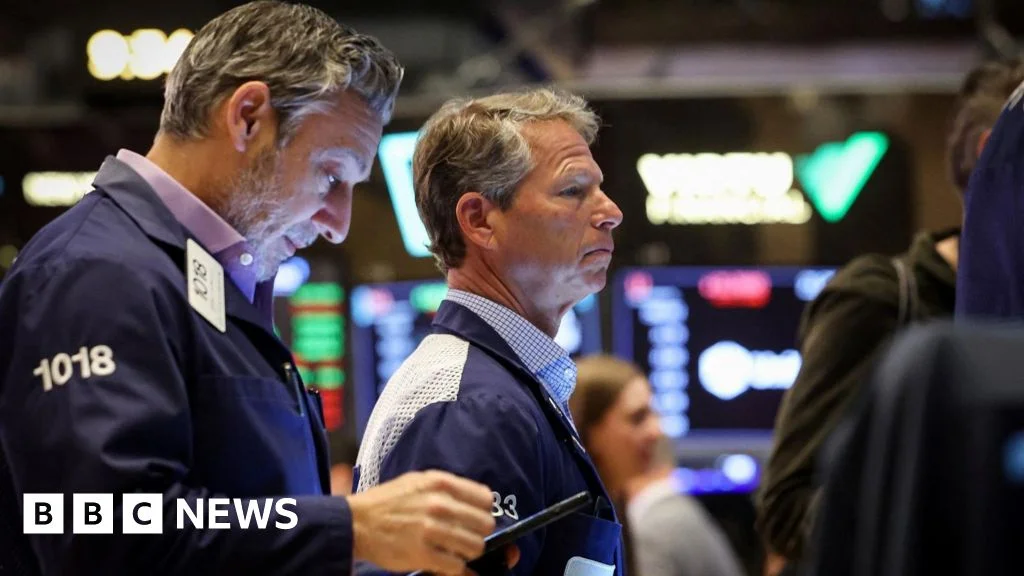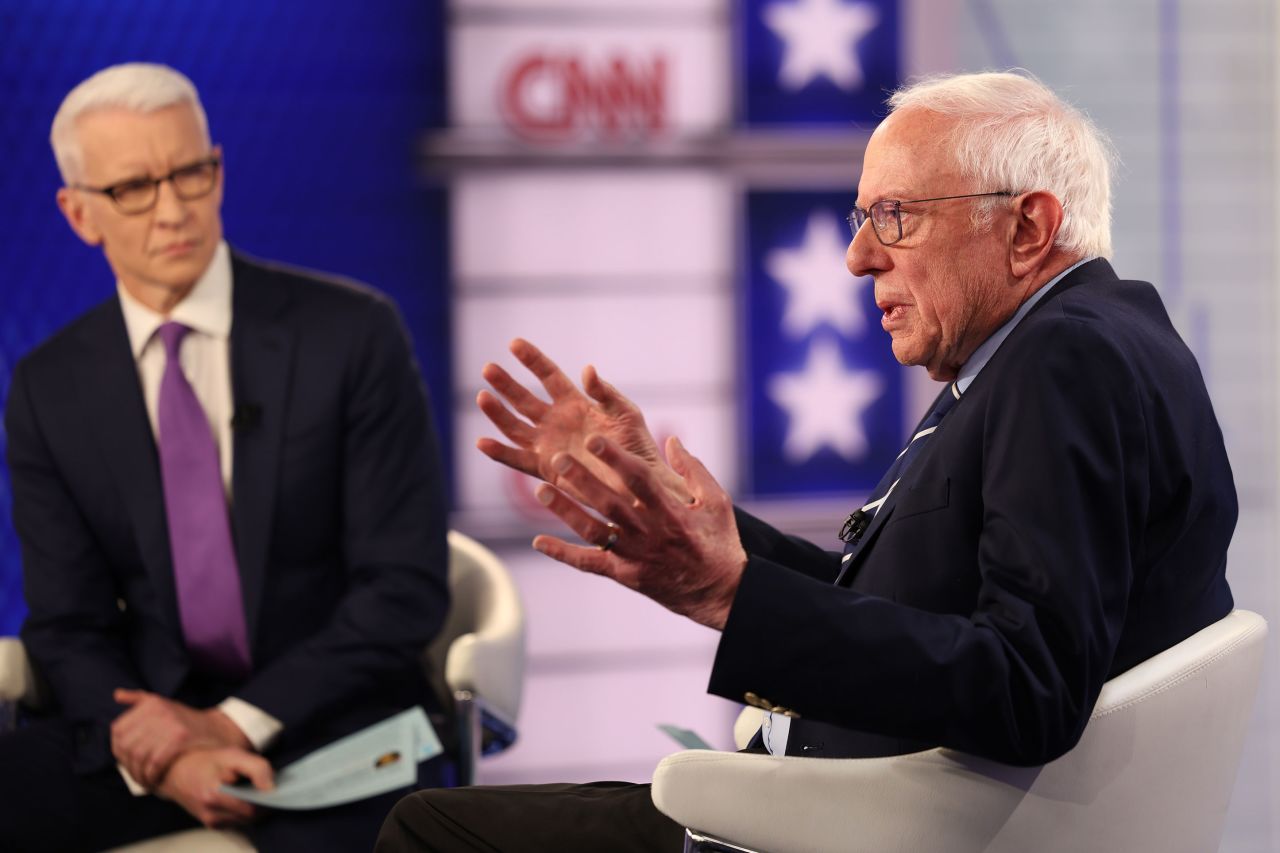
Global Markets Rally as Trump Hits Pause on Sweeping Tariffs Amid Rising Tensions With China
Global markets witnessed a dramatic turnaround after U.S. President Donald Trump unexpectedly announced a 90-day suspension on most new import tariffs—except those targeting China where duties will be sharply increased. The move, described by Trump as protecting American jobs and industry, soothed investors worldwide, though concerns about a prolonged global economic conflict still loom large.
This development is significant as mere days earlier, Trump's vow to impose universal tariffs on imports rattled financial markets from Asia to Europe, sparking a broad sell-off and raising anxieties over a deepening trade war that threatened global growth. The contrasting impact before and after the pause highlights how critical tariff policy has become in shaping economic sentiment worldwide.

Initially, Trump had threatened tariffs hitting "all countries," fueling a historic slump in U.S. stocks. In March alone, the S&P 500 tumbled nearly 10%, with the Nasdaq suffering its worst quarter since 2022. Markets in Asia responded harshly; Japan’s Nikkei 225 plummeted over 4% earlier this week, and European indices followed suit.
Wednesday’s turnaround was stunning. The Dow Jones Industrial Average soared by nearly 3,000 points—an 8% jump—while the Nasdaq climbed more than 12%. The S&P 500 rallied around 9%, marking its best single day since October 2008. Investors exhaled a collective sigh of relief when news broke that most tariffs would be paused, sparking rallies across Asia-Pacific, with Japan’s Nikkei surging 8% and South Korea’s Kospi up over 5%.
In a bid to isolate Beijing, Trump kept punitive measures targeting Chinese imports firmly in place—and escalated them dramatically. The White House confirmed tariffs on China will rise to at least 125%, amounting to a potential $860 billion tax on bilateral trade and signaling what JPMorgan describes as "merely the end of the beginning" of the U.S.-China trade conflict.
Japan cautiously welcomed the pause, though it urged the U.S. to reconsider existing tariffs on steel, aluminum, and vehicles that still threaten its export sectors and manufacturing jobs. European leaders echoed similar sentiments, attributing Trump's partial retreat in part to their threats of tough retaliation, and reaffirming their resolve to resist what they see as protectionist aggression.
Behind the scenes, Trump’s change of heart may have been hastened by turmoil in the bond market. Treasury Secretary Scott Bessent warned the President that a rapid sell-off in U.S. government debt—historically viewed as a safe haven—could jeopardize consumer borrowing costs and the wider economy. Trump admitted the yield spikes had caught his concern, calling the market “very tricky.”
On the political front, the tariff saga coincided with a heated CNN town hall featuring Senator Bernie Sanders. The Vermont independent criticized the tariffs as harmful to workers and accused Trump of damaging alliances with Canada and Mexico. Sanders warned that the trade war might undercut American manufacturing jobs rather than protect them.

Notably, Sanders also voiced fears over Musk-led federal layoffs from the Department of Government Efficiency, links between tariffs and inflation, and cautioned of a possible recession, echoing warnings from economists at Goldman Sachs and JPMorgan who estimate a 45-60% chance of a downturn in the coming year.
Beyond economics, the tariff dispute intersects with issues like Chinese student visa crackdowns, pending TikTok sales, and controversial moves against university DEI initiatives—all signaling a broader hardline stance on China and global competition.
While Trump touts tariffs as a way to revive American industry and create millions of jobs, critics warn they risk supply chain disruptions, higher consumer prices, lost export markets, and geopolitical fallout. As the 90-day countdown begins with no clear resolution in sight, the world anxiously awaits whether calm or chaos will prevail once the pause expires.
Will Trump's tariff gamble ultimately revive or rupture the U.S. economy? Can allies and rivals find common ground amid fracturing trade ties? Share your views and join the conversation below.
Related issues news
What are US stock futures?
Futures look into the future to 'lock in' a future price or try to predict where something will be in the future; hence the name. Since there are futures on the indexes (S&P 500, Dow 30, NASDAQ 100, Russell 2000) that trade virtually 24 hours a day, we can watch the index futures to get a feel for market direction.
What is the UK tariff?
The UK Global Tariff ( UKGT ) applies to all goods imported into the UK unless: the country you're importing from has a trade agreement with the UK. an exception applies, such as a relief or tariff suspension. the goods come from developing countries covered by the Developing Countries Trading Scheme (DCTS)
Is a tariff an import tax?
Tariffs are taxes on imports, collected when foreign goods cross the U.S. border by the Customs and Border Protection agency. The money — about $80 billion last year — goes to the U.S. Treasury to help pay the federal government's expenses.
When did tariffs start?
The Tariff Act of 1789 imposed the first national source of revenue for the newly formed United States. The new U.S. Constitution ratified in 1789, allowed only the federal government to levy uniform tariffs.